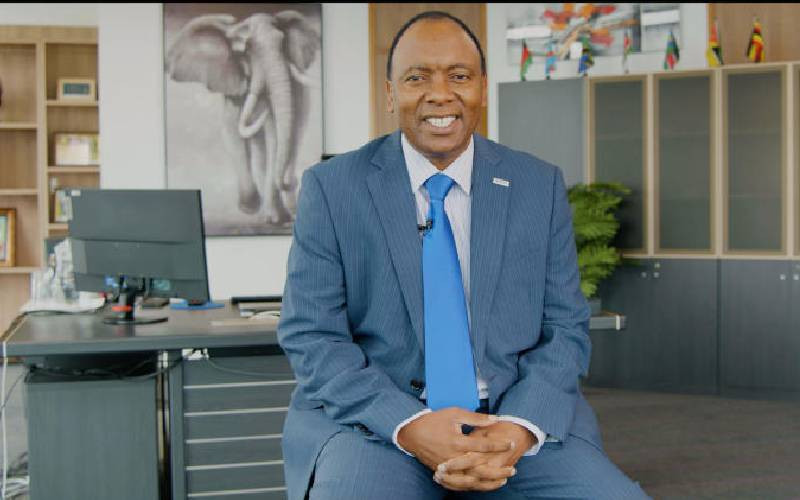×
The Standard e-Paper
Truth Without Fear

When people think of CEOs, many see the power, posh cars, fat salaries, and salivating allowances.
But the other side of it is a job with sometimes unrealistic expectations and the company bosses are burdened by difficult decisions and heavy risks.